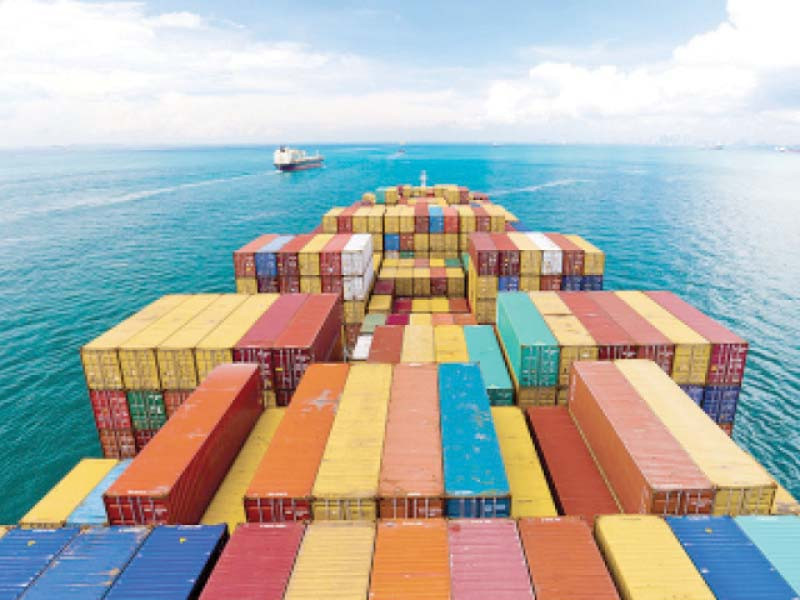
The Ministry of Commerce is keeping a close watch on imports and there is a need to work closely with the State Bank of Pakistan (SBP) to curb imports of non-essential items, said Adviser to Prime Minister on Commerce and Investment Abdul Razak Dawood.
He made these comments while chairing a meeting on Friday to discuss the import of goods during the current financial year and its impact on trade and current account deficits.
The meeting was told that the Ministry of Commerce and the State Bank were working jointly to analyse imports so that timely interventions could be made.
The participants said that imports increased by 64% to $24.99 billion during July-October 2021 against $15.19 billion in the same period of previous year.
In absolute terms, the net increase in imports over the four-month period was $9.801 billion, they added.
It had been observed that around 40% of the increase was in investment-driven imports, such as raw material and intermediate goods, they said, adding that this increase indicated that industrial activity in the country was picking up.
The increase in the import of capital goods, including machinery, indicated industrial expansion, upgrade and setting up of new industrial units.
In the long run, these imports were important for economic growth and job creation, they highlighted.
When asked about the remaining 60% of imports, they said that the imports mainly consisted of energy (petroleum, coal and gas), which had a share of 34%, while vaccines had 11% share, food 8%, consumer goods 2% and others 5%. Most of these imports were inelastic in nature, the participants said.
The import of consumer goods consumed $239 million, food items $823 million, capital goods $1,620 million, raw material and intermediate goods $2,209 million, petroleum, coal and gas $3,364 million, vaccines $1,068 million and others $478 million.
Meeting participants also highlighted that Pakistan’s non-energy import bill decreased 12.5%, or $624 million, in October 2021 compared to September 2021.
The meeting was told that non-energy imports had been on the decline in the first four months of the ongoing financial year.
“This is a welcome trend, which bodes well for the trade and current account deficits,” an official remarked.
On the occasion, Dawood directed the officials attending the meeting to work closely with the SBP on curbing imports of non-essential goods.
Earlier this week, Dawood cherished that Pakistan’s exports recorded a growth of 17.5% in October 2021 on a year-on-year basis, which was the highest-ever export number in any October in the country’s history.
Exports reached $2.471 billion in October 2021 against $2.104 billion in the corresponding month of previous year.
However, the adviser noted that foreign shipments fell short of the target of $2.6 billion for October 2021.
He pointed out that the country’s exports grew 25% to $9.468 billion during July-October 2021 compared to $7.576 billion in the same period of previous year.
The PM aide highlighted that Pakistan had fixed a target to ship merchandise worth $9.6 billion abroad in the four-month period.
Separately, Dawood stated that one of the world’s largest mobile phone manufacturers would set up a handset manufacturing plant in Pakistan.
He boasted that the “Make in Pakistan” policy was bearing fruit as Xiaomi had partnered with Airlink Communications to manufacture smartphones in Pakistan.
The production facility would be established at the Quaid-e-Azam Industrial Estate, Lahore, he said, adding that 2.5 to 3 million handsets would be produced per year.
The production facility will become functional in January 2022 and it will create 3,000 direct and indirect jobs.
Published in The Express Tribune, November 6th, 2021.
Like Business on Facebook, follow @TribuneBiz on Twitter to stay informed and join in the conversation.


















COMMENTS
Comments are moderated and generally will be posted if they are on-topic and not abusive.
For more information, please see our Comments FAQ